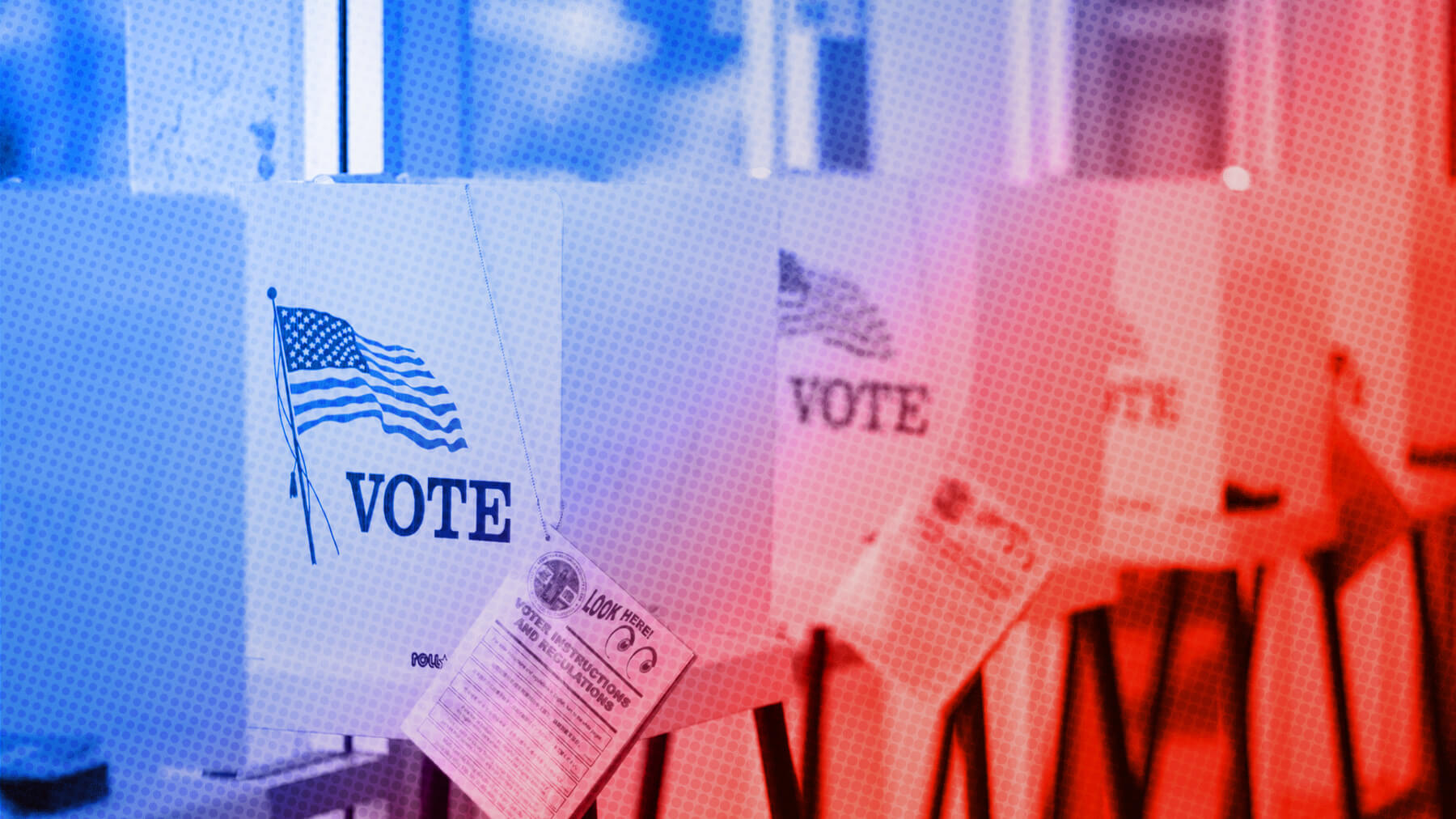A coalition of civil rights groups including the Southern Poverty Law Center filed suit in federal court this week to challenge Georgia’s new voter suppression law – a revival of Jim Crow-era tactics aimed squarely at silencing the voices of people of color, low-income people, students and others in the aftermath of historic voter turnout.
Signed last week by Republican Gov. Brian Kemp, SB 202 represents a sweeping – and unconstitutional – repudiation of voter rights in a Southern state with a long history of disenfranchisement, of Black people in particular.
The law was enacted amid demonstrably false claims about “voter fraud” perpetuated by former President Donald Trump and his allies after Trump and two U.S. senators from Georgia were defeated at the polls – the same lies that sparked the deadly insurrection at the U.S. Capitol on Jan. 6.
In some underserved areas, many Georgia voters already wait hours in long lines to vote. The new law, which will make those lines even longer by restricting absentee and curbside voting, goes so far as to criminalize the provision of water or food to voters waiting in those lines.
“Legislators and Governor Kemp ignored the very obvious lessons from the election in 2020 and runoffs in 2021: Expand safe and secure access to the ballot, codify innovations to voting and provide additional resources to cash-strapped counties,” said Nancy Abudu, deputy legal director for the SPLC. “Instead, to appease conspiracy theorists and amplify deadly lies about past elections, Georgia’s leaders have chosen to pass into law SB 202, which makes it more difficult for every Georgian – but particularly Georgians who are members of historically disenfranchised communities – to vote in a safe, secure and convenient manner and have that vote counted.
“In so doing, the defendants have violated federal law and the U.S. Constitution, and we turn to the federal courts and U.S. Congress to address the incredible harm SB 202 will have on our clients.”
The suit was filed in the U.S. District Court for the Northern District of Georgia by the SPLC, American Civil Liberties Union (ACLU), ACLU of Georgia, NAACP Legal Defense and Educational Fund Inc. (LDF), and law firms WilmerHale and Davis Wright Tremaine. It was brought on behalf of the Sixth District of the African Methodist Episcopal Church, Delta Sigma Theta Sorority Inc. and SPLC clients Georgia Muslim Voter Project, Women Watch Afrika and Latino Community Fund of Georgia.
The 2020 elections and 2021 runoff were celebrated not just for their turnout, but also for their integrity, as Georgia election officials praised them as safe and secure. But rather than act to expand participation in the political process, Georgia leaders responded by doing what they have many times in the past – by placing burdensome, unjustified and unnecessary restrictions on voters.
The lawsuit, Sixth District of the African Methodist Episcopal Church v. Kemp, challenges multiple provisions of SB 202, including:
- A ban on mobile voting.
- New, narrow identification requirements for requesting and casting absentee ballots.
- A delayed and compressed period for requesting absentee ballots.
- Restrictions on secure drop boxes.
- Out-of-precinct disqualification of provisional ballots.
- A drastic reduction in early voting in runoff elections.
- A ban on “line warming,” where volunteers provide water and snacks to voters, disproportionately those of color, who wait in needlessly long lines to cast their vote.
These provisions, the lawsuit charges, violate Section 2 of the Voting Rights Act, and infringe on Georgians’ rights under the Fourteenth and Fifteenth Amendments as well as the First Amendment in terms of the ban on the free distribution of food and water.
“This law is driven by blatant racism, represents politics at its very worst and is clearly illegal,” said Sophia Lakin, deputy director of the ACLU’s Voting Rights Project. “We urge the court to act swiftly to strike it down.”
As the lawsuit describes, the law will be felt disproportionately by voters of color, especially Black voters, many of whom lack IDs or access to obtaining them; use early and weekend voting, especially on Sundays when churches conduct “Souls to the Polls” events; require access to secure drop boxes; rely on food and water to withstand long voting lines; and are more likely to cast provisional ballots.
Until 2013, Georgia would have been required under the Voting Rights Act to submit the new law to U.S. Justice Department for approval. But that “preclearance” requirement was invalidated by the U.S. Supreme Court in Shelby v. Holder. Since then, numerous states have enacted an array of voter suppression laws.
This new law may be the boldest attempt by any state to restrict voting rights since the Voting Rights Act of 1965 was enacted.
“SB 202’s attempt to disenfranchise Black voters in Georgia harkens back to the most shameful days of voter suppression in the decades before the civil rights movement,” said Sherrilyn Ifill, LDF president and director-counsel. “That this law was passed in Georgia, less than a year after the death of one of the state’s greatest heroes, Representative John Lewis, is shameful. In his name, we will fight to strike down this illegal attempt to undo his legacy. Anything less represents a grave threat to the future of our democracy and inherently undermines the notion of equality for all.”
Photo by iStock



